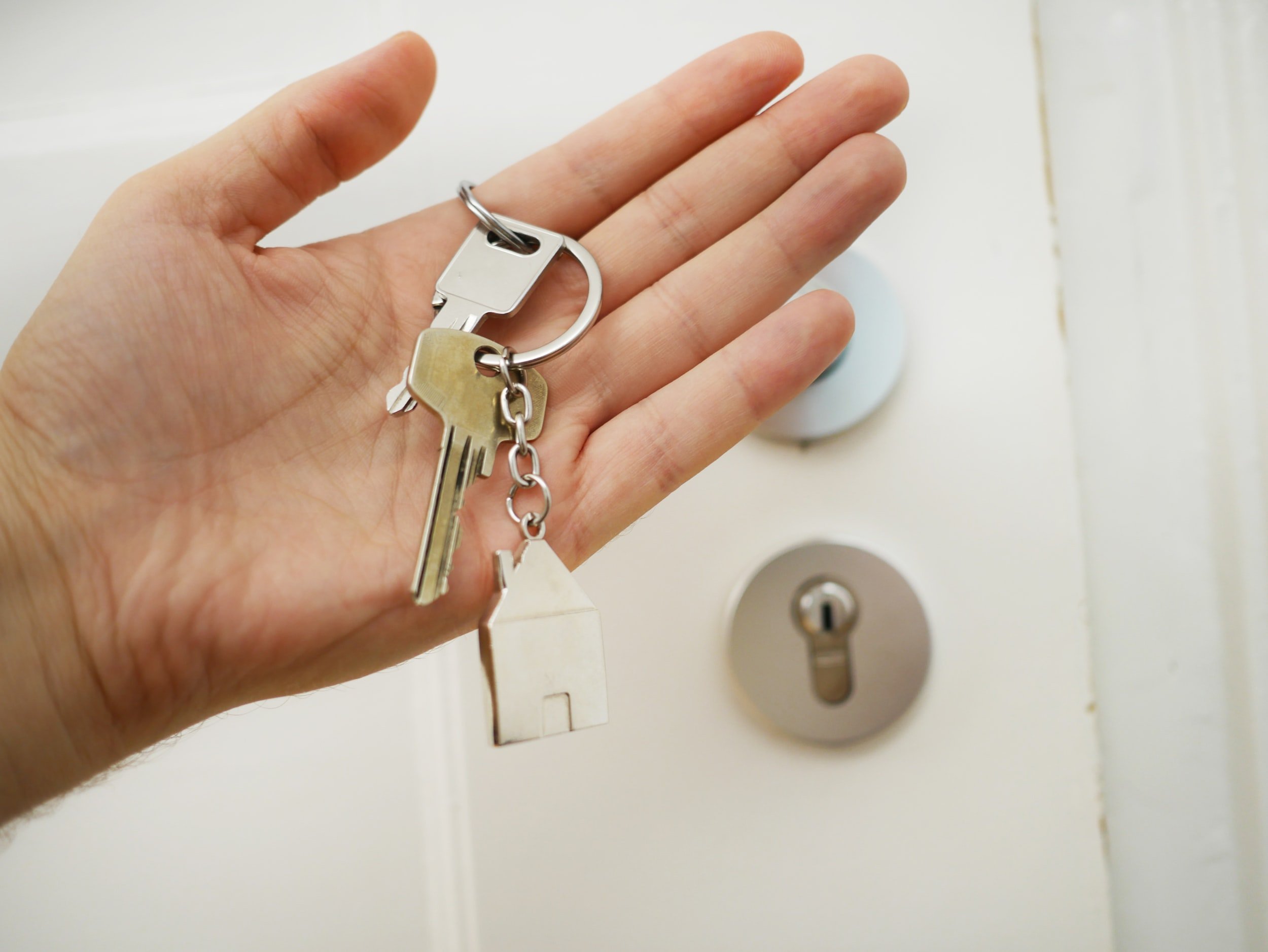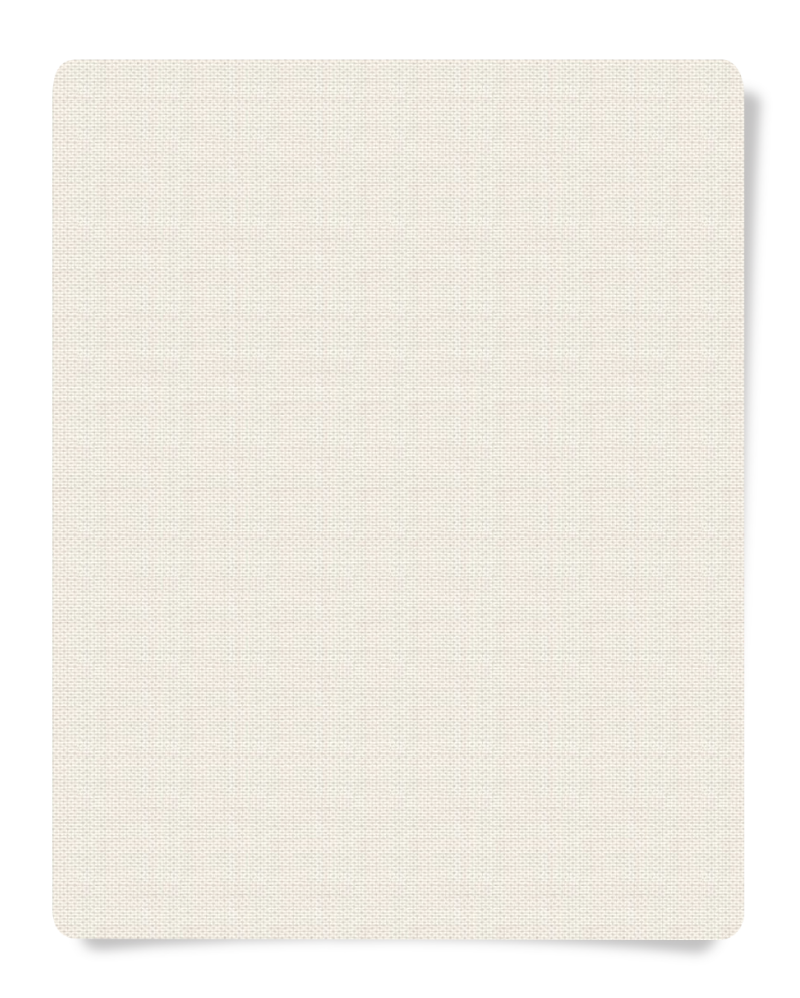
Security Deposits & Damages
A security deposit is a one-time payment made by the tenant before moving into a rental unit.
It is held by the landlord throughout the rental agreement or lease as a guarantee, to cover any possible loss or damage caused by the tenant during the lease period. In Oklahoma, a landlord must keep the total deposit amount in a federally insured account, separate from the landlord’s funds.
Once a tenant moves out, they must request their deposit back by giving the landlord a written request within six months of the end of the lease. The request should include:
The date the written notice was given to the landlord.
The tenant’s new forwarding address (where the check should be mailed).
Proof that the landlord received the request (by getting the landlord’s signature on the tenant’s copy of the request, faxing the request, or mailing through certified mail).
Tenants should keep a copy of the request for their records.
If the landlord is deducting all or part of the deposit due to damages or past-due rent, they must respond in writing within 45 days of receiving the tenant’s request. The landlord’s response should include a detailed list of deductions.
Damages
Property damage can be deducted from the security deposit if due to negligence, misuse, or abuse by the tenant, household members, guests, or pets. However, damage caused by “normal wear and tear” or everyday use may not be deducted from the deposit. The landlord must provide the tenant with an itemized list of deductions.
Damages that go beyond normal wear-and-tear or everyday use and could be deducted from the deposit could include:
Excessive holes in the wall left by picture hangers
Holes in walls or drywall; broken wall supports
Tiles, mirrors or bathroom fixtures (bathtub, shower, sink, or toilet) that are excessively filthy or clogged due to misuse
Excessive mold or mildew
Repainting or removing paint placed by the tenant
Tears, holes or burn marks on carpet, curtains, or blinds
Stains in the carpet caused by pets
Broken or missing windows, window screens or blinds
Broken doors or locks
Appliances broken by misuse or abuse
Excessive filth in or on stove
Flea and pest extermination
The following things are generally considered to be normal wear-and-tear and should not be deducted from a security deposit:
Faded paint, wallpaper, curtains, or blinds due to sunlight
Broken plumbing caused by normal use
Rug or carpet wear caused by normal use, including furniture marks on carpet
Warped windows or doors caused by age, temperature, or moisture
Dents in a wall from doorknobs or handles
Dust
Broken lightbulbs
Replacement batteries for smoke or carbon monoxide detectors
Picture or pin holes in walls, if not excessive




